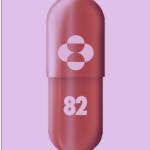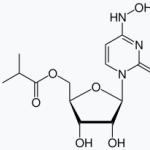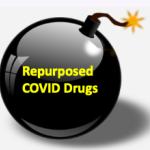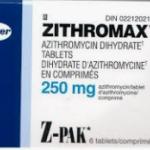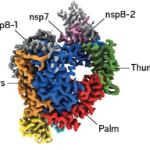The good news? There's a very effective antiviral drug called Paxlovid that will keep you alive and out of the hospital when/if omicron gets you, and a second drug, molnupiravir, which doesn't work as well, but can still be helpful. The bad news?
antiviral drugs
There are now two direct-acting antiviral drugs that have been shown to decrease the severity of COVID, Gilead's remdesivir and Merck's molnupiravir.
As Professor Katherine Radtke-Seley and I wrote last year in the Baltimore Sun, vaccines
Back in April, I wrote about EIDD-2801, now called molnupiravir, (1) at which time I wr
Six months ago it seemed that every other lab had a kick-ass, re-purposed drug that was only weeks away from putting the hurt on COVID. How did that work out?
Although the clinical trials are not complete and there are still many questions to be answered, it is difficult not to be optimistic about Pfizer’s new COVID-19 vaccine.
On Wednesday April 29th the Dow Jones Industrial Average rose 532 points on news that Gilead's remdesivir demonstrated a “clear-cut positive effect" in treating COVID.
ACSH advisor Dr.

